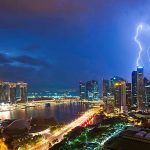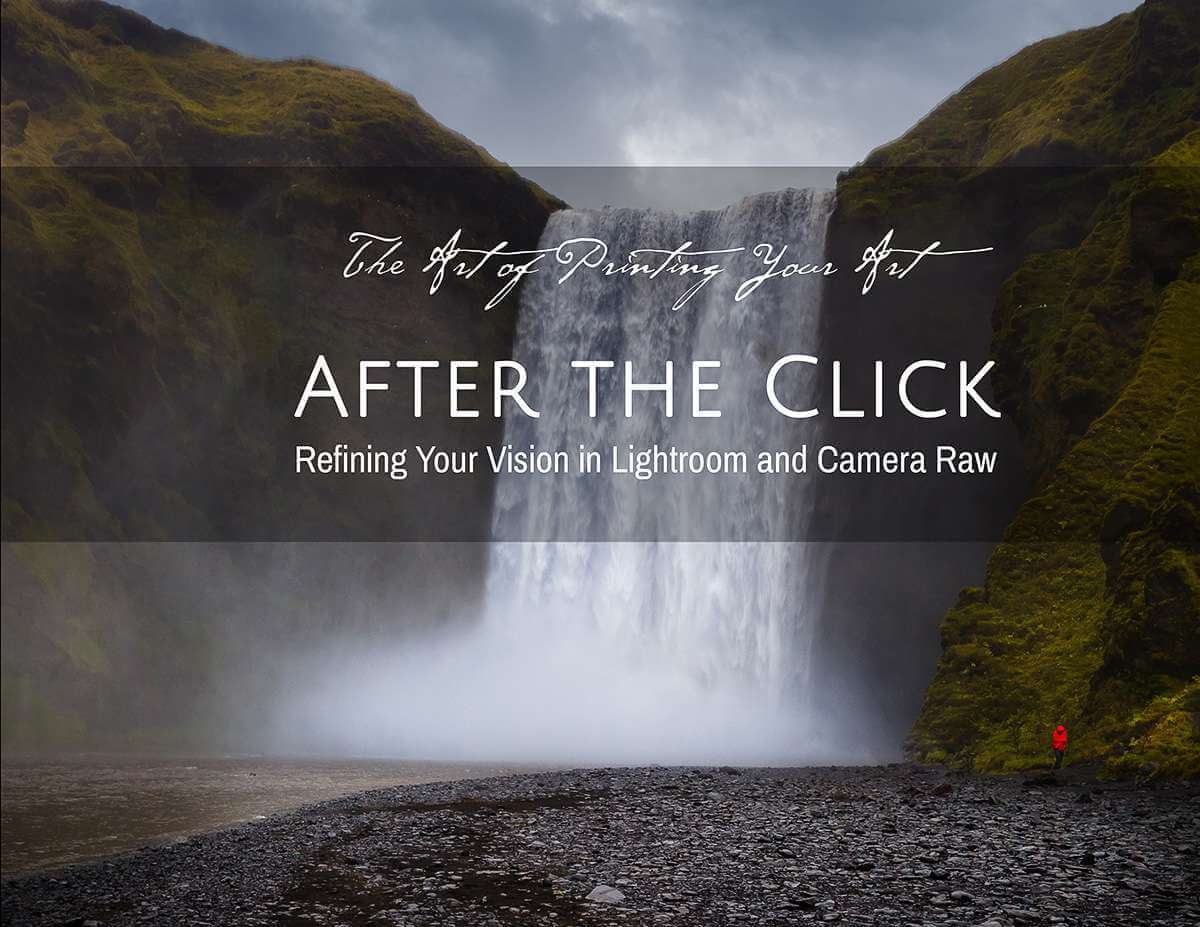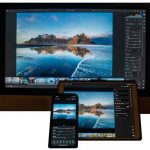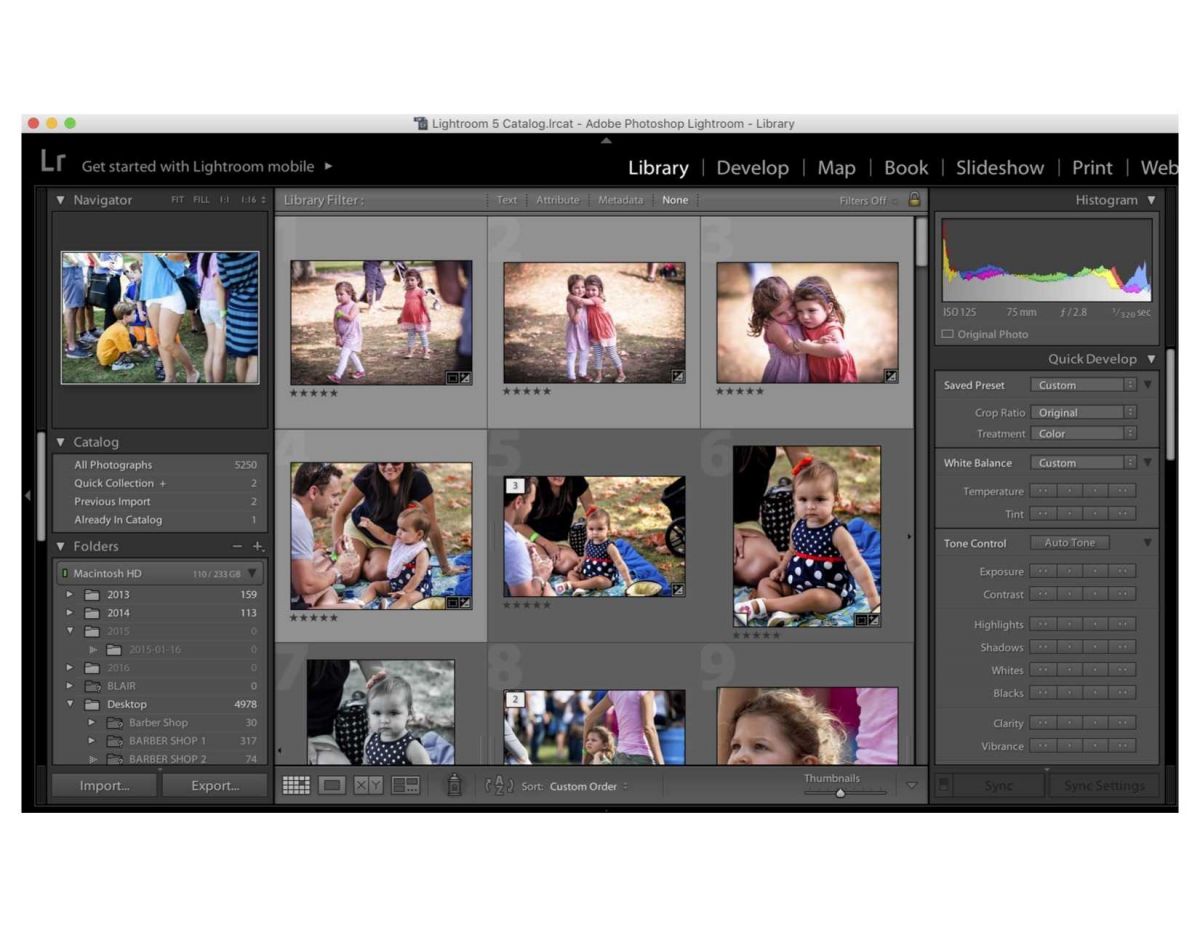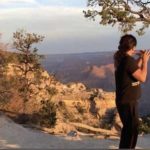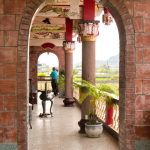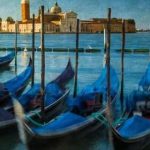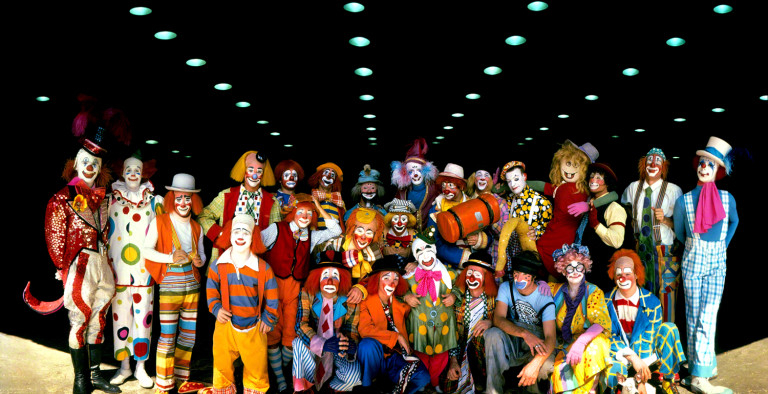
Color was my subject
When I go out shooting, I never look for a particular subject. For example: flowers, fences, boats, cars, buildings, planes, trains, rivers, oceans, etc. What I look for is color, and color is often the subject. A white picket fence is not just a picket fence. It’s a ‘white’ picket fence. The type of flower is unimportant; it’s the color that attracts me to it.
Coming from a background in color theory, painting and design, I have over the years, trained my eye to look for color, and it often requires looking past your initial impression. The use of color can come either first or last in our thought process, and for me, it’s usually first and foremost.
When I’m working with my online students with in Stretching Your Frame of Mind, I’ll put color on their Artist Palette as one of the basic elements of visual design.
Since my background is also in Journalism (as in a BA) I love to write and tell stories. Now, my medium is photography, so I will often use color as my way of communicating ideas. For me, color is a stimulant for our eyes, and ties the elements of a photograph together. Color affects every moment of our lives, and has an enormous impact on our photography. Knowing color is one of the first steps in taking consistently good photographs.
Being a student of the color wheel will help you as far as creating harmony and balance when composing. Harmony, as it applies to photography is a way of more than one color making sense to one another.
Studying the psychological effects of color is a class in itself. For example: Blue is calming or depressing. Brown is earthy and provides an element of comfort. Orange is an attention grabber. Purple is sexy, powerful, and regal.
Yellow is cheerful. Green is the color of freshness. Black is mysterious. White is associated with cleanliness. Red, the most powerful color of all, stimulates the heart and brain. It’s sexy, angry, ambitious, and can imply risk-taking. Artists use color to achieve several effects.
Color can give you a sense of mood as well as a sense of place, and time. It can also be used to move the viewer’s eye around your composition.
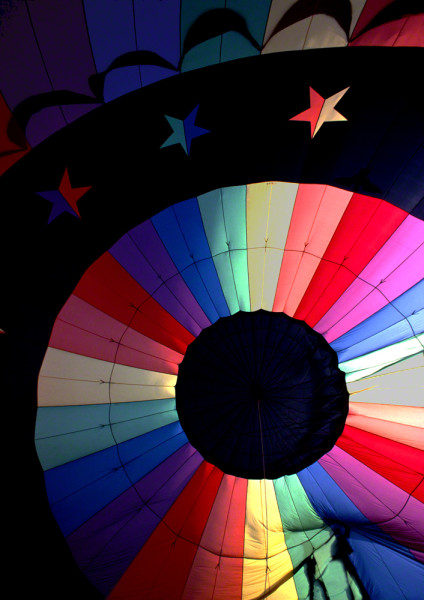
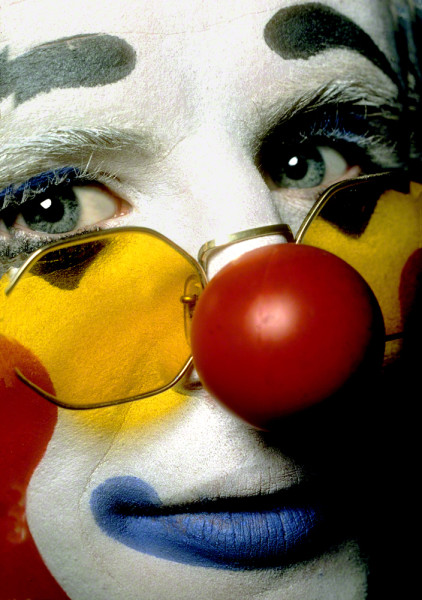
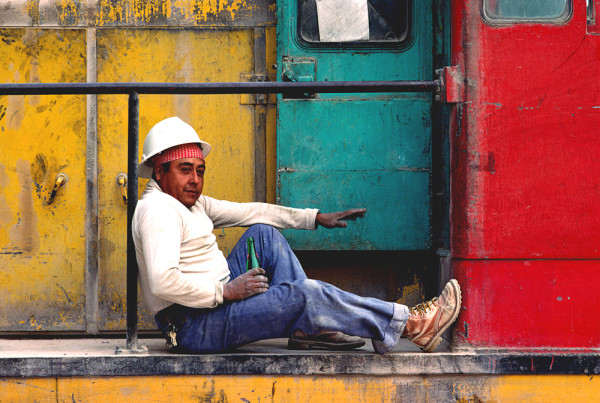
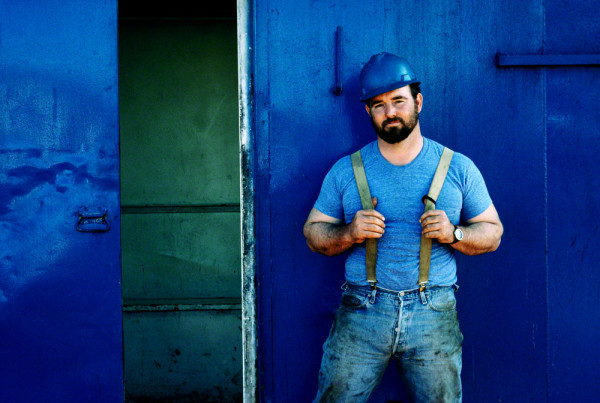
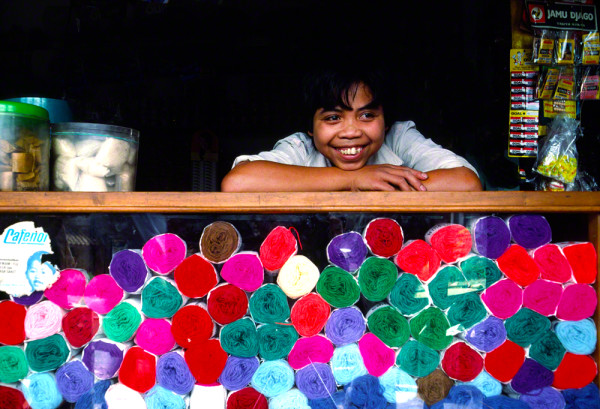
– BPSOP Instructor – Joe Baraban
Joe Teaches:




